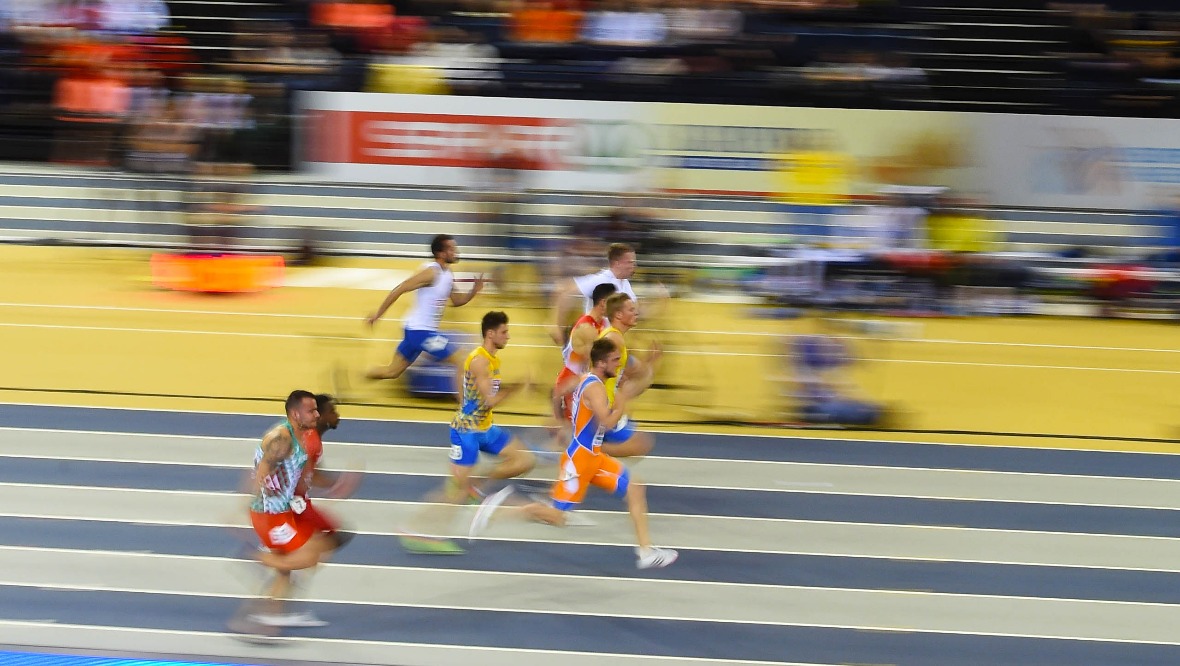Athletes are two-and-half times more likely than non-athletes to experience irregular heartbeats, new research suggests.
Researchers analysed 13 studies between 1990 and December 2020 which examined the health of athletes who took part in sports including cycling, running, swimming, Nordic skiing, orienteering, rowing, football, rugby, and netball.
The studies included data on 70,478 participants.
During their analysis, researchers found the risk of irregular heartbeats (atrial fibrillation) was 2.46 times higher among athletes than non-athletes.
It also found that those who played football, rugby or netball appear to have the highest risk of irregular heartbeats compared with athletes taking part in endurance sports such as Nordic skiing, orienteering or rowing.
The study also analysed athletes and non-athletes who had cardiovascular diseases, such as type 2 diabetes and high blood pressure, but found no significant difference of a risk of irregular heartbeats between athletes and non-athletes.
When breaking down the data by age, the researchers found younger athletes, aged under 55, had a much higher risk (3.6 times or 360%) of irregular heartbeats than older athletes.
Athletes aged 55 and older were 76% (1.76 times) more likely to have the condition than non-athletes.
The study, which was published in the British Journal of Sports Medicine and has been peer-reviewed, was led by researchers from Canterbury Christ Church University.
Some limitations of the study included limited data on female athletes, making it difficult to look at the relative risk of atrial fibrillation by gender.
The researchers said: “Athletes have a significantly greater likelihood of developing atrial fibrillation compared with non-athlete controls.
“Younger aged athletes have a greater relative risk of atrial fibrillation compared with older athletes, however, exercise dose parameters, including training and competition history, as well as potential gender differences for the risk of atrial fibrillation requires future research.”
Follow STV News on WhatsApp
Scan the QR code on your mobile device for all the latest news from around the country


 SNS Group
SNS Group























